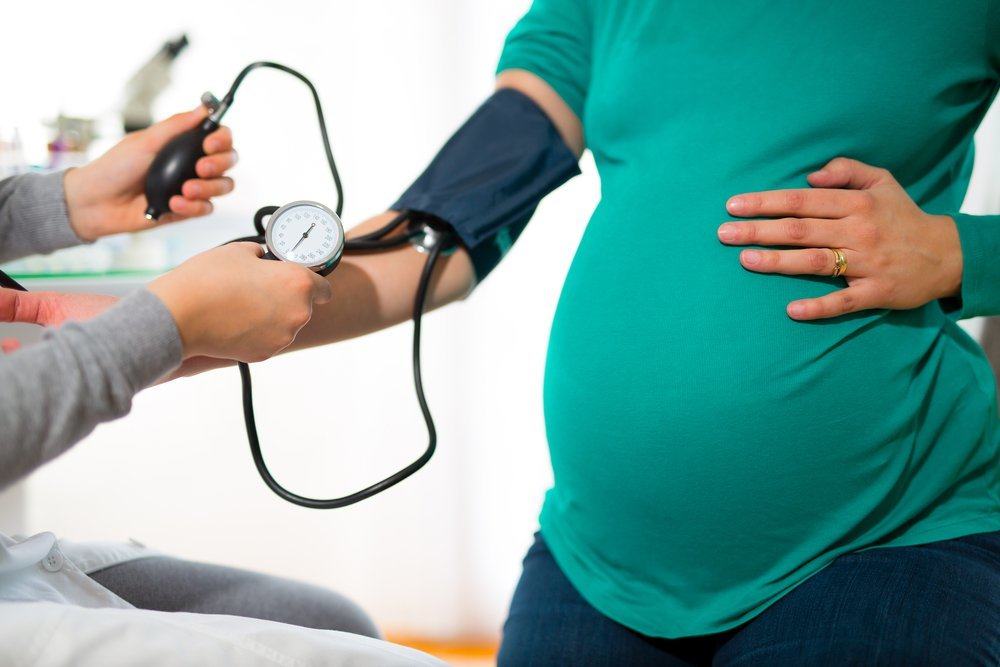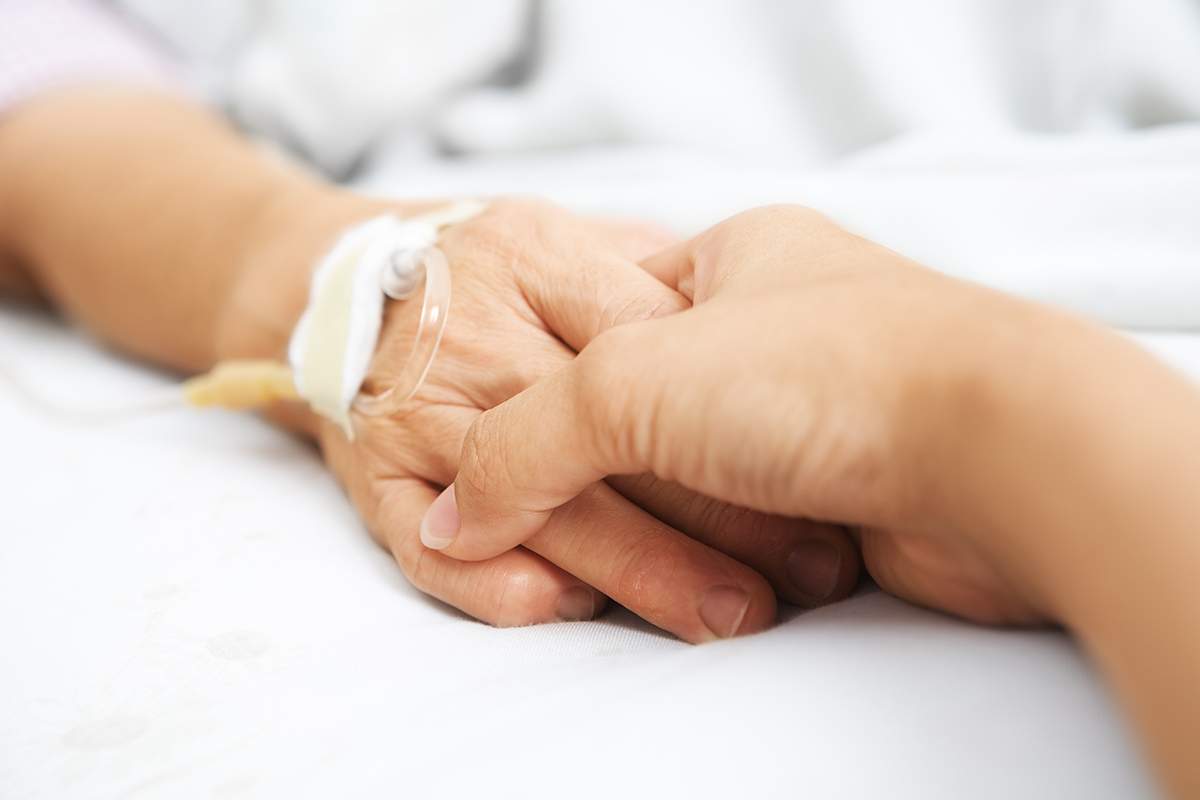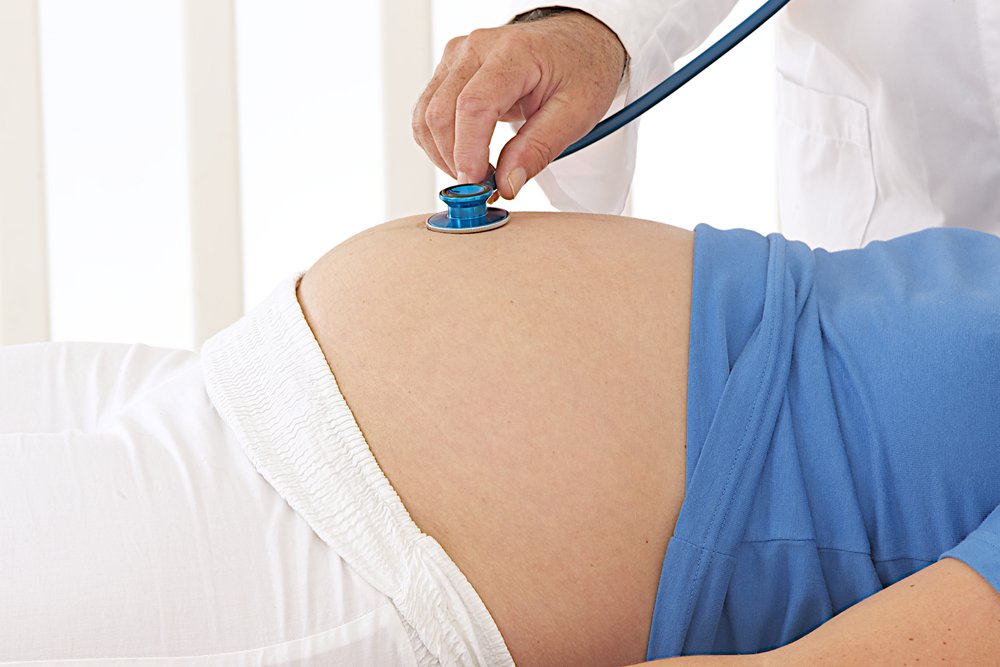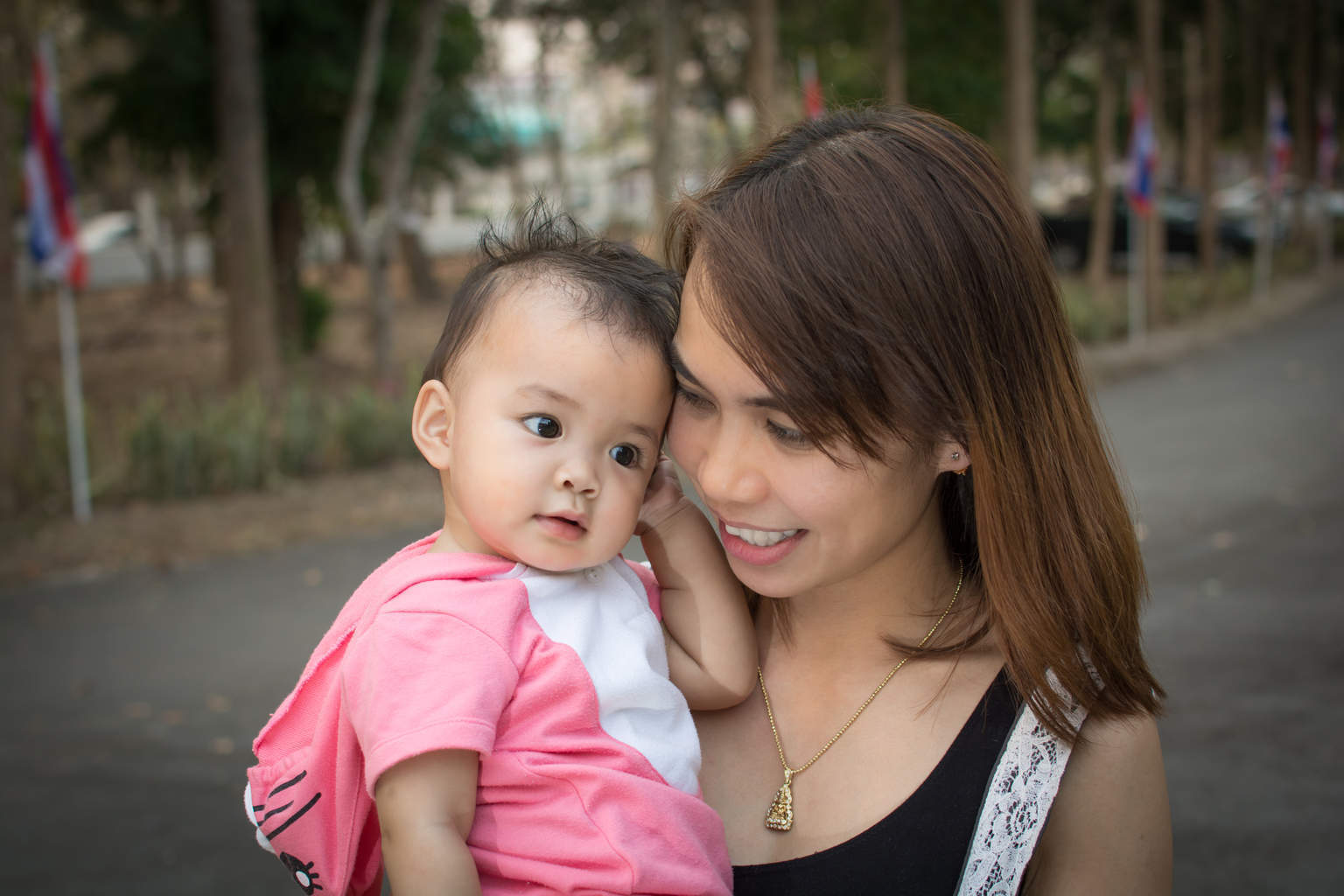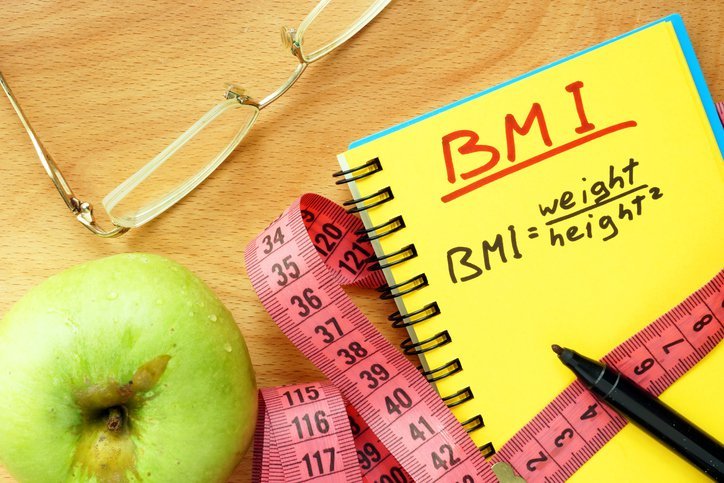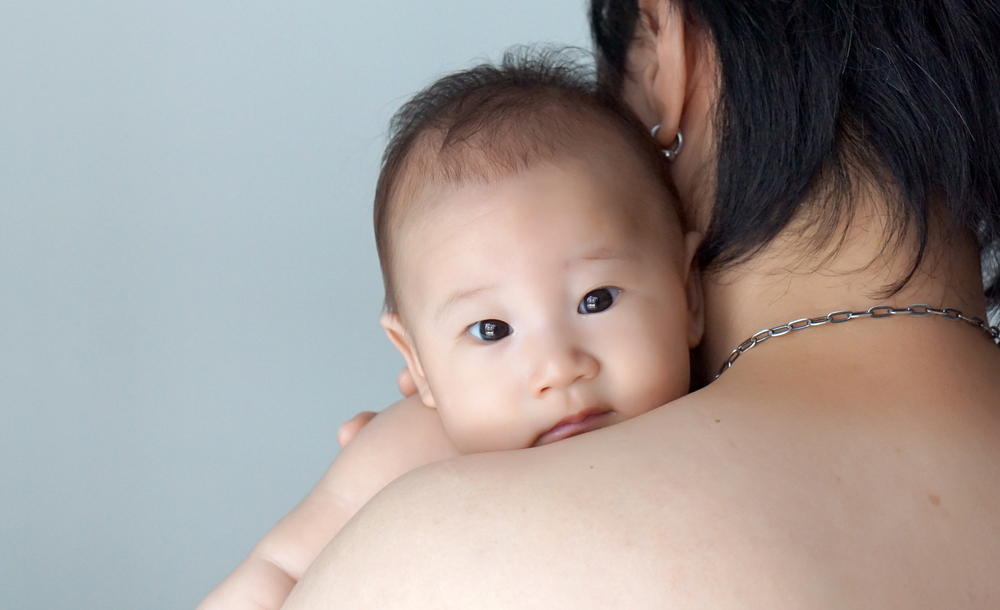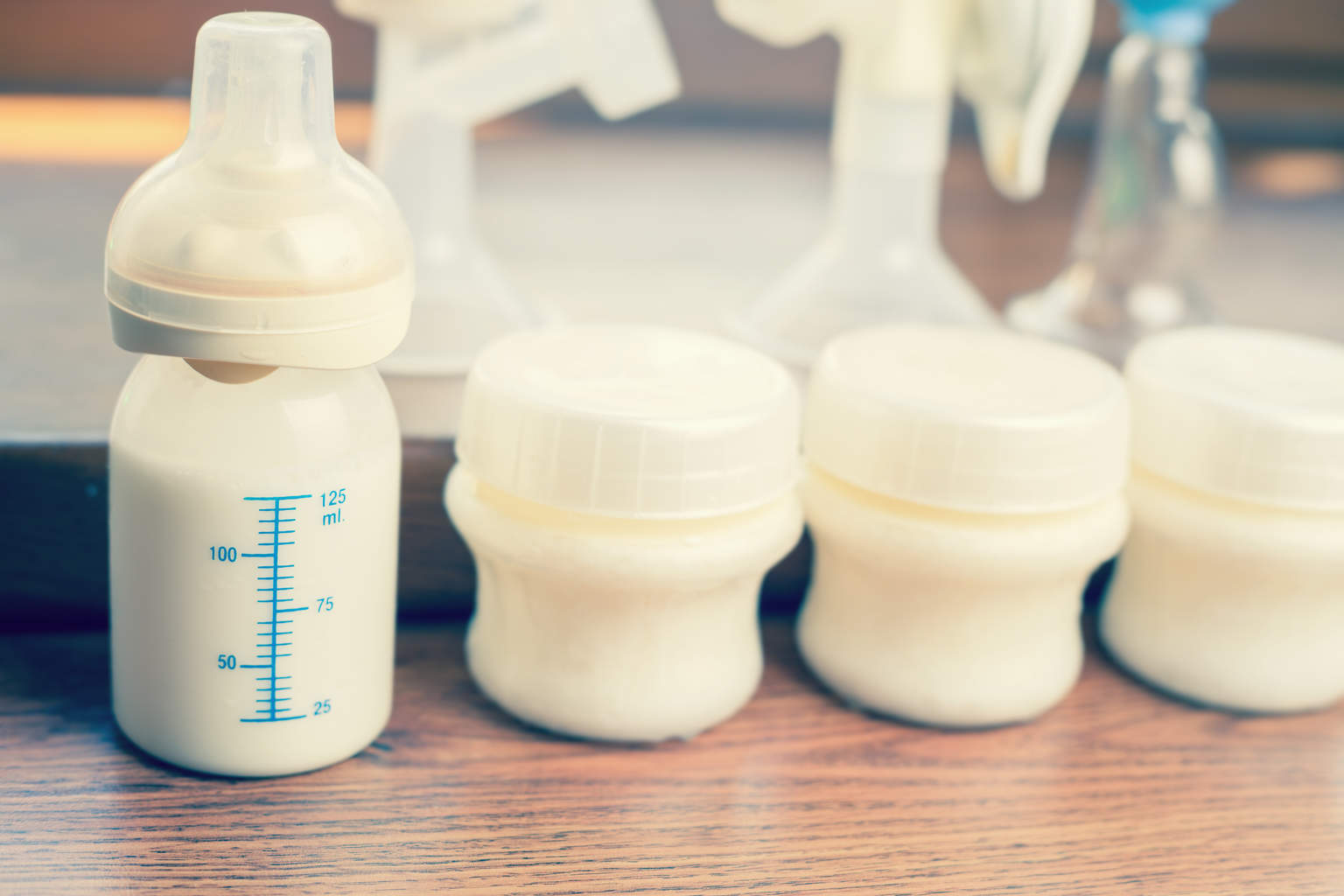Contents:
- Medical Video: Hypertension during pregnancy
- Gestational hypertension
- Preeclampsia
- Eclampsia
- What should I do to prevent gestational hypertension, preeclampsia and eclampsia?
Medical Video: Hypertension during pregnancy
Various complications can arise when you are pregnant, such as hypertension during pregnancy (gestational hypertension), preeclampsia, and eclampsia. These three complications have the same basis, namely high blood pressure. Sometimes, these three complications are considered the same, but actually different. What are the differences?
Gestational hypertension
Gestational hypertension is high blood pressure that occurs during pregnancy. Gestational hypertension usually appearsafter 20 weeks' gestation, and after giving birth to hypertension it can disappear. Usually gestational hypertension is experienced by mothers who before pregnancy do not suffer from high blood pressure.
Pregnant women who have high blood pressure (140/90 mmHg) before pregnancy or before 20 weeks' gestation it is called chronic hypertension. Usually chronic hypertension will not disappear even though the mother has given birth to her baby.
Some conditions can increase your risk of developing gestational hypertension, namely:
- If you have experienced high blood pressure before becoming pregnant or during a previous pregnancy
- You have kidney disease or diabetes
- You are less than 20 years old or more than 40 years old during pregnancy
- Twin pregnancy
- Pregnant first child
Gestational hypertension is also different from preeclampsia and eclampsia.
Preeclampsia
Gestational hypertension that does not immediately get treatment can develop into preeclampsia. Preeclampsia or pregnancy poisoning is a serious blood pressure disorder that can interfere with organ work. Usually this happens at the 20th week of pregnancy and will disappear after you give birth to your baby.
Preeclampsia is characterized by high blood pressure and proteinuria (presence of protein in urine). In addition, preeclampsia can also be characterized by:
- Swelling of the face or hands
- Headaches that are hard to lose
- Pain in the upper abdomen or shoulder
- Nausea and vomiting
- Difficulty breathing
- Sudden weight gain
- Disruption of vision
If your mother has preeclampsia when you are pregnant, then your risk of developing preeclampsia during pregnancy is higher. Your risk for experiencing preeclampsia during pregnancy is also higher if your husband's mother has preeclampsia during pregnancy. If you have experienced preeclampsia in a previous pregnancy, your risk of developing preeclampsia will also increase.
The cause of preeclampsia is not yet known. However, preeclampsia seems to be caused by a disruption in the growth of the placenta so that the blood flow to the placenta does not go well.
Preeclampsia can endanger your condition and the fetus in the womb. Blood flow from the mother and fetus can be disrupted, so the baby has difficulty getting the oxygen and nutrients needed for its development. In addition, preeclampsia can also affect the health of the liver, kidneys, lungs, eyes and mother's brain. Preeclampsia can then develop into eclampsia.
Eclampsia
Preeclampsia that is not quickly detected can develop into eclampsia. It is estimated that 1 in 200 cases of preeclampsia that are not immediately treated can develop eclampsia. Preeclampsia that gets worse can affect your brain and cause it convulsions or coma. If this has happened, it is said that preeclampsia has developed into eclampsia.
Eclampsia can have a serious and fatal effect on the mother and fetus in the womb. Preeclampsia and eclampsia can cause disruption of placental function, which can then result in babies born with low birth weight, health problems in infants, even stillbirth (in rare cases).
What should I do to prevent gestational hypertension, preeclampsia and eclampsia?
To do prevention, you need to know whether you have risk factors for developing gestational hypertension and preeclampsia. If you already know it, then you can take steps to overcome these risk factors.
If you have hypertension and are planning a pregnancy, you should always see your condition to the doctor. Know, is your hypertension controlled or has it affected your health? Likewise, if you have diabetes before becoming pregnant, make sure your diabetes condition is controlled before you become pregnant. The key is to always check your condition before and during pregnancy.
If you have excess weight before becoming pregnant, it's a good idea to lose weight before becoming pregnant so that your pregnancy is healthier.
If you begin to experience symptoms of preeclampsia in the middle of gestational age, you must keep your blood pressure stable. Maybe the doctor will give you medicine to help lower blood pressure and prevent seizures, so that your preeclampsia does not develop into eclampsia.
If preeclampsia occurs during pregnancy, maybe the doctor will consider giving birth to your baby immediately when the baby's development is sufficiently ready to be born. Sometimes, babies must be born prematurely to protect the health of the mother and baby.
READ ALSO
- Not Only In Mothers, Preeclampsia Also Affects Infants
- Complications That May Occur When Having Gestational Diabetes During Pregnancy
- High Blood Pressure During Pregnancy Increases Stroke Risk Later in the Day

